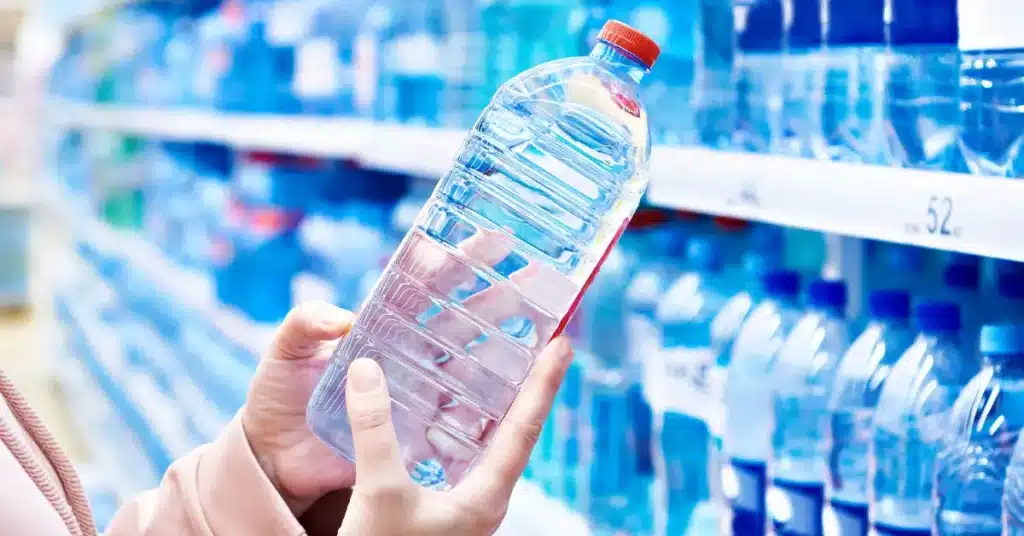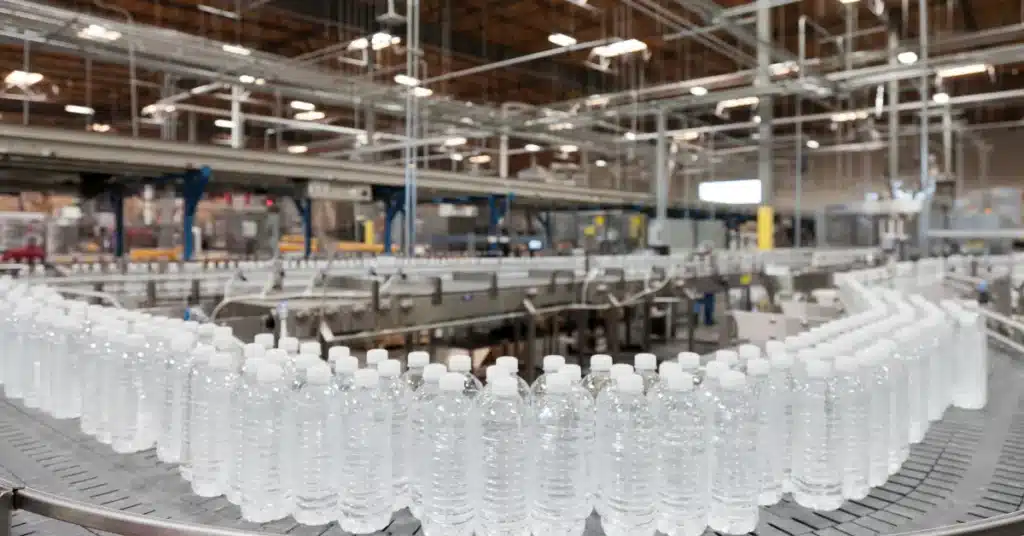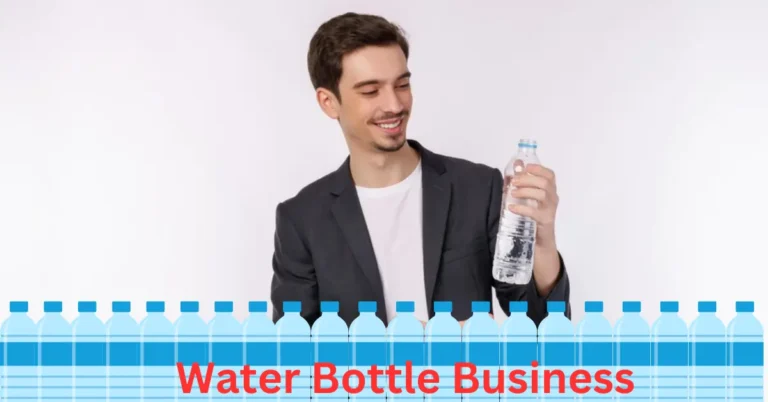Introduction
In today’s world, staying hydrated is more than just a necessity; it’s a lifestyle. Whether you’re hitting the gym, hiking, or simply working from home, having access to clean, fresh water is essential. This is where the water bottle business comes in, a booming industry that solves a daily need and offers many entrepreneurial opportunities. In this blog post, we’ll explore the ins and outs of the water bottle business—why it’s relevant today, what makes it unique, and how it continues to grow in a market increasingly focused on sustainability and health.
Table of Contents
What Makes the Water Bottle Business Unique?
At first glance, the water bottle business might seem simple: sell water in a bottle. But if you look closer, you’ll see that it’s an industry of innovation and creativity. What differentiates it from other businesses is the combination of practical necessity with environmental consciousness, health trends, and even fashion.
Sustainability and Eco-friendly Bottles
As plastic pollution becomes an ever-growing concern, the demand for eco-friendly water bottles has surged. Consumers are moving away from single-use plastic bottles, opting for reusable alternatives. Stainless steel, glass, and aluminum water bottles are now more popular than ever, and they come in all shapes, sizes, and colors to suit every lifestyle. By offering products that help reduce plastic waste, businesses can meet a growing consumer demand and contribute to a more sustainable future.
Health-Conscious Products
In a world where people are becoming more aware of what they put into their bodies, hydration plays a key role in overall wellness. The water bottle business is uniquely positioned to cater to this trend. From bottles with built-in filtration systems that purify water on the go to those with infusers for adding fruits and herbs, businesses have endless possibilities to cater to the health-conscious consumer. Additionally, the rise of electrolyte-infused water and vitamin-enhanced bottles has created new niches for entrepreneurs to explore.
Customization and Personalization
Gone are the days of generic, plain plastic bottles. Consumers today want products that reflect their unique style, preferences, and values. The water bottle business has tapped into this need with personalized bottles that can be customized with names, logos, and designs. This trend has made water bottles not just a functional item but a fashionable accessory, which can be a huge selling point for businesses aiming to capture the attention of style-conscious customers.
Why is the Water Bottle Business So Popular?

The water bottle business has grown exponentially in recent years, and for good reason. Several factors have contributed to the popularity of this industry:
Convenience
Water bottles offer a simple, convenient way to carry hydration wherever you go. Whether on the way to work, the gym, or a hike, a water bottle ensures you’ll always have access to water without needing disposable bottles.
Sustainability
As consumers become more environmentally conscious, the water bottle business has responded by offering eco-friendly alternatives to disposable plastic bottles. Brands focusing on sustainability resonate with customers eager to reduce their carbon footprint, and the eco-friendly movement has become a key selling point for many businesses in the industry.
Customization Options
The ability to personalize a water bottle with names, logos, or designs has made this product more than just a utility. Customization has made water bottles a trendy gift, a corporate branding tool, and a personal statement. This has allowed businesses to cater to various niches, from sports teams to influencers.
Innovative Designs
In today’s market, water bottles come in various innovative designs, from bottles that filter tap water to bottles with built-in Bluetooth speakers. These designs help differentiate products in a crowded marketplace and make them more appealing to customers looking for functionality and style.
Types of Water Bottles in the Market
The water bottle business encompasses various products, each catering to different needs and preferences. Let’s take a look at some of the most popular types of water bottles on the market:
- Reusable Water Bottles
These bottles, made from materials like stainless steel, glass, or BPA-free plastic, are designed to be used multiple times, helping to reduce waste. They often come with leak-proof lids, built-in straws, and insulated designs that keep beverages cold or hot for hours. - Filtered Water Bottles
Filtered bottles have a built-in filtration system that purifies water while you drink it. They are especially popular among travelers, hikers, and areas where clean water isn’t readily available. - Sports Water Bottles
Sports water bottles are designed for athletes or active individuals. They are often made from durable, lightweight materials and feature ergonomic designs with easy-to-use spouts, allowing for quick and efficient hydration during workouts. - Smart Water Bottles
These high-tech bottles have features like hydration reminders, temperature tracking, and Bluetooth connectivity to sync with your smartphone. They appeal to tech-savvy consumers who want to track their water intake and optimize their hydration habits. - Collapsible Water Bottles
Ideal for travelers and outdoor enthusiasts, collapsible bottles can be flattened when not in use, saving space in bags. They’re usually made of flexible, durable materials like silicone and are lightweight and portable.
How to Start a Water Bottle Business
Starting a water bottle business begins with understanding your target audience and focusing on user experience and accessibility. Market research helps you identify which water bottling products have the most sales potential and guides your branding. From creating your concept to launching your product, stay connected with customers as your business grows. By expanding your manufacturing and improving your products, you can stay ahead in a competitive environment while ensuring strong business prospects.
It Helps You Assess the Market Accurately
Before starting your water bottle business, market research helps you assess how competitive your region’s water bottling market is. It also helps you identify potential market openings and decide how to approach them.
It Helps You Understand Your Customers
Knowing your customers is crucial. Market research lets you understand your consumers, where they are, and which demographics will likely buy from you. This is key to running a successful water bottling company.
How Do Water Bottling Machines Work?

Setting up a water bottling business requires a significant investment in specialized machinery. The size of this investment depends on your company’s scale and the scope of your operations. You can start with affordable, low-capacity machines, but as your business grows, you’ll need to upgrade your machinery to meet higher demand.
Bottling Process and Machinery
The water bottling process follows similar steps regardless of the product type, whether natural, carbonated, or other products. The equipment required will vary depending on the bottles and the liquid you are filling. Key stages include:
Filling: The type of liquid, whether smooth, chunky, or dense, will determine the filling equipment needed. The precision and efficiency of the filling machines are key to maintaining product quality.
Blow Molding: Blow molding is used to create PET containers. Fully automatic machines are highly efficient and reliable, able to handle various bottle shapes, such as round, square, and asymmetric. These machines allow the use of lightweight preforms, ensuring the cost-effective production of complex bottles.
Rinsing and Cleaning: It’s crucial to clean the bottles to prevent contamination before filling. Specialized cleaning machinery is needed, especially for sensitive products like dairy, carbonated soft drinks (CSD), mineral water, or alcoholic drinks. For mineral water, airtight, stainless steel machinery may suffice, but advanced aseptic processes will meet safety regulations for products like medicine or milk.
Branding and Product Design
Effective market research guides smart choices about branding, product packaging, and promotions. It helps you determine which bottles are cost-effective, which are appealing to customers, and which work well with filling machines—all vital for building a successful business.
Conclusion
The water bottle business is more than just a way to quench thirst—it’s a it’sving industry combining practicality and innovation. From eco-friendly materials to high-tech features, this business offers endless opportunities for entrepreneurs to make an impact. Whether you’re interested in providing sustainable options, health-focused products, or trendy designs, there’s none for you in this growing market. As consumers continue to prioritize hydration and sustainability, the future of the water bottle business looks incredibly promising. So, if you’re you’reering diving into this industry, now is the perfect time to start!
FAQs
Q1. Is selling water bottles profitable?
Yes, it can be profitable, especially with the growing demand for eco-friendly and reusable options.
Q2. How do I start a water bottle business?
Research the market, choose a niche (e.g., eco-friendly, flavored water), source your products, and build a strong brand.
Q3. How much does a water bottle cost?
Essential plastic bottles cost around $0.50 to $1.00, while stainless steel or glass bottles range from $5 to $30.
Q4. What is the cost of a water license in India?
The cost typically ranges from ₹5,000 to ₹50,000, depending on the business size and location.
Q5. What are the latest trends in the water bottle business?
Key trends include eco-friendly materials, smart bottles with built-in filters, and health-focused products like electrolyte-infused water.


